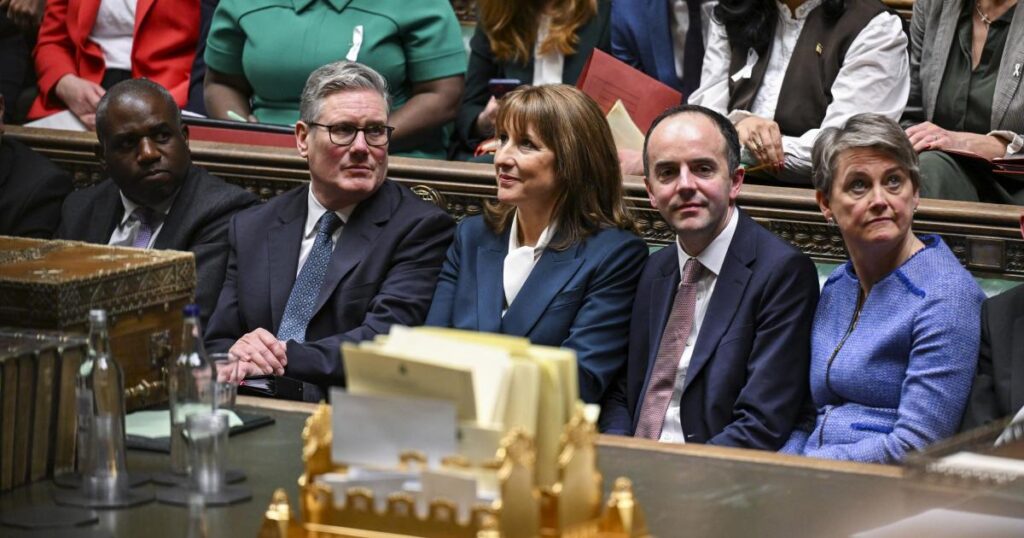It is part of a national shift aimed at lifting 450,000 children out of poverty, a figure that increases to over half a million when combined with other measures to help families with the cost of living.
The two-child limit was introduced in 2017, and it is estimated that around 300,000 children are in poverty directly because of the policy which amounts to 109 children pushed into hardship every day.
The areas of Wealdstone, Rayners Lane, South Harrow, and parts of Kenton are said to be affected by high rent prices, rising food costs and insecure work.
Prime Minister Keir Starmer said: “This government is picking up the tab for a failed social experiment that punished working families and pushed hundreds of thousands of children into poverty.
“We will not stand by while more children are dragged into hardship.”
According to the Government, removing the cap is the most cost-effective way to reduce child poverty, and will help working families on Universal Credit with food and heating costs.
Schools, nurseries and support organisations in Harrow have reported increasing hunger and overcrowded accommodation.
As well as scrapping the cap, free school meals, universal breakfast clubs, and investment in early years support will help the families in need across the borough.
Ending the two-child limit is part of the government’s wider child poverty strategy to be published in the coming weeks.
The strategy will set out further action to lift family incomes, cut the cost of essentials, and strengthen local support services.
Chancellor of the Exchequer Rachel Reeves said: “Every child deserves an equal chance to fulfil their potential and for every child who grows up in poverty the whole country pays the price.
“When children go hungry or cold talent is wasted and Britain loses out.
“I am proud that we will lift more children out of poverty in a single Parliament than any previous government.”




